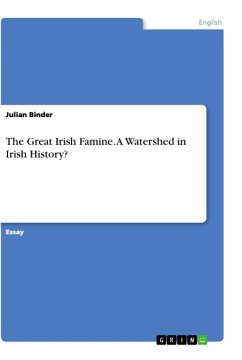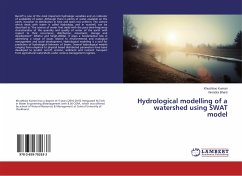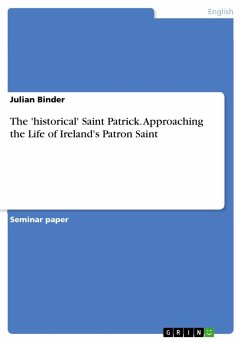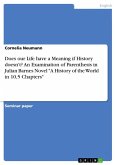Essay from the year 2012 in the subject English Language and Literature Studies - Culture and Applied Geography, grade: 2,0, University College Cork (Department of Geography), language: English, abstract: The aim of this paper is to briefly analyse the various changes in Irish politics, economy, population and culture after the Great Famine, and to discuss whether this dramatical event in Irish history was a watershed or not.By interpreting the inadequate measures of the British government to help the Irish people during the Great Famine between 1845 and 1849 as an attempted genocide, nationalist movements stoked hatred against the "blackhearted" British and such receptions of the Famine entered folk memory. It does not have to be mentioned that this hatred and these allegations had a further effect on Irish-British relations as well as on Irish politics.In addition, there was not only a change in the island´s political and cultural landscape, but also in the economy and the demography of post-Famine Ireland. In the words of the female historian Mary E. Daly, "there is little doubt that the famine was a significant event in the nineteenth century Irish history, but its precise impact is a matter of some considerable debate". Indeed, nobody would nowadays question that the second half of the century confronted the people with completely different attitudes and conditions than in a pre-Famine context. Anyway, "the big question is to what extent the famine can be held responsible for these changes". Was the Great Famine a watershed in Irish history? Was it a complete turning point or did it just work as a catalyst for already existing and initiating tendencies and changes?
Hinweis: Dieser Artikel kann nur an eine deutsche Lieferadresse ausgeliefert werden.
Hinweis: Dieser Artikel kann nur an eine deutsche Lieferadresse ausgeliefert werden.








